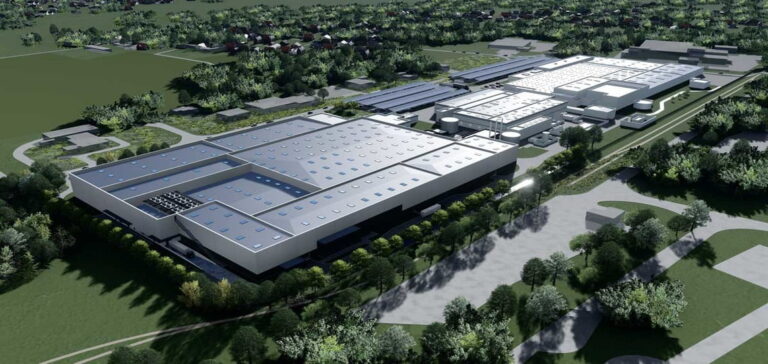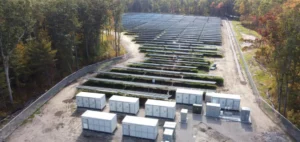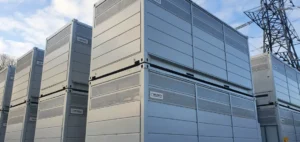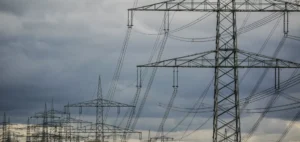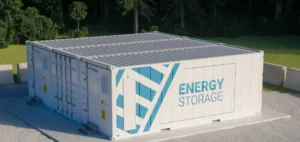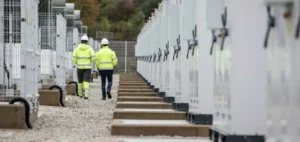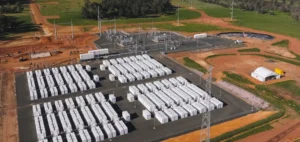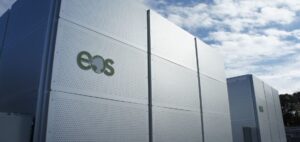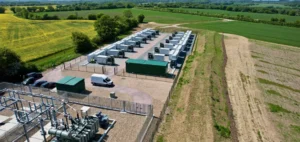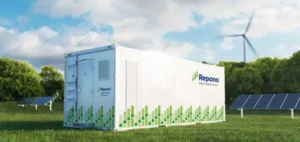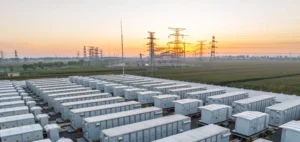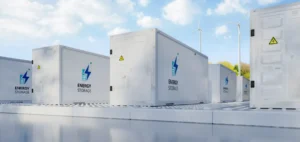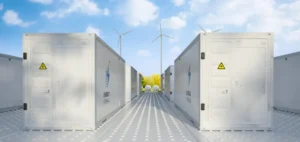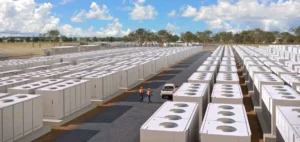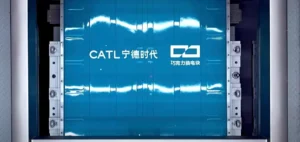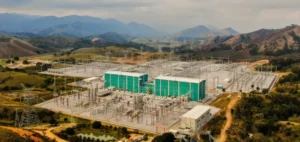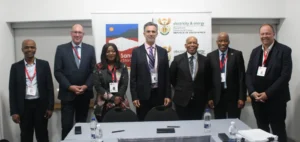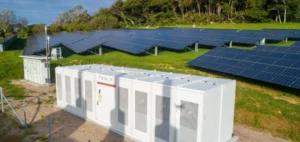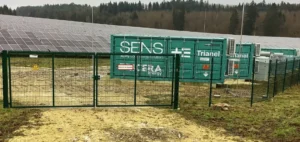France opens its first EV (Electric Vehicle) battery factory, marking a major industrial turning point in the quest for independence from China and the ambition to become a major exporter.
Opening soon : France’s first electric car battery plant near Lens
France’s very first battery factory for electric cars is set to open its doors on Tuesday near Lens, a major industrial event for the country, which aims to guarantee its independence from the Chinese giant and even become an exporter by the end of the decade. It’s one of Emmanuel Macron’s pet projects: reindustrialization will involve producing batteries in France and Europe, at a time when China has taken a considerable lead in this field.
ACC (Automotive Cell Company), a 50/50 joint venture between TotalEnergies, Stellantis (formed from the merger of PSA and Fiat-Chrysler) and Mercedes-Benz, is the first to open its “gigafactory” in France. At present, only a handful are operating in Europe, but projects are flourishing on the Old Continent, where some fifty have been announced in recent years.
In the north of France, an area emblematic of the country’s deindustrialization, four factories are due to come on stream before the end of the decade. ACC in Billy-Berclau, which adjoins the historic PSA site in Douvrin, is the first, and should be followed by the Sino-Japanese group AESC-Envision’s project in Douai (Nord), whose production will be destined for Renault from early 2025. Grenoble-based start-up Verkor – backed by Renault, Schneider Electric and Arkema – plans to launch production at its Dunkirk plant from mid-2025, again for the Renault group. Finally, in mid-May, ProLogium, a Taiwanese group specializing in “solid state” batteries, announced that it would also be setting up in Dunkirk, with production scheduled to start at the end of 2026.
EV Battery Plant: Targeting 40 GWh by 2030, an Ambitious Bet for France
Production start-up is scheduled for this summer, and ACC is aiming for 13 GWh of annual capacity by the end of 2024, with 600 jobs at stake. From 2030, the aim is to reach 40 GWh, the equivalent of 800,000 batteries produced per year, and to employ 2,000 people. In mid-April, manufacturers and institutions announced their intention to train 13,000 people to meet the needs of the “Battery Valley”, as politicians and industrialists have dubbed the area stretching from Dunkirk to the former coalfield. The Plateforme de l’Automobile (PFA), which brings together industry professionals, estimates that France’s four “gigafactories” (very large-scale plants) will create 20,000 jobs by 2030.
The ambition is high, but so are the challenges that go with it. France aims to be self-sufficient in battery production by 2027 to supply its automotive industry. As in other European Union countries, the sale of new combustion-powered vehicles will be banned from 2035. The aim is even to export, according to the Elysée.
But even if France is better off than some of its European partners, it remains handicapped by the price of its energy compared to China or the United States, which massively subsidize this industry thanks to theInflation Reduction Act (IRA).
Major Challenges in EV Battery Plant Supply and Growth
Another major challenge is the supply of critical metals. Lithium-ion batteries require a lot of nickel, cobalt and manganese, the production chain for which, from extraction to refining, is now largely controlled by China. There are ways of designing batteries without these materials – solid batteries, lithium-sulfur batteries – but these technologies are still only experimental.
At Billy-Berclau, ACC hopes to pave the way for a growing ecosystem in northern France, with the opening of three other similar plants over the next few years, attracting material suppliers and battery component manufacturers. On May 12, Mr. Macron announced that Dunkirk would be the site of a production site for cathodes – one of the two electrodes making up a battery – financed by China’s XTC and France’s Orano.

